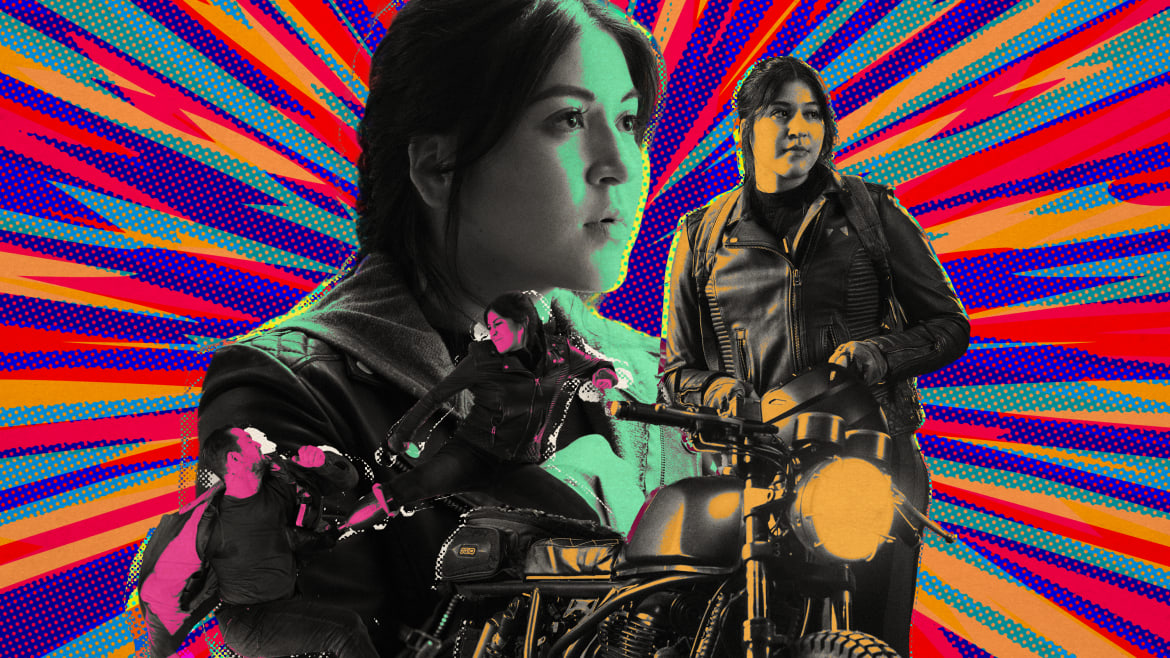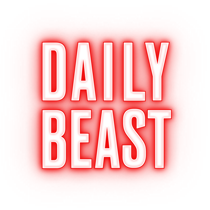 Photo Illustration by Thomas Levinson/The Daily Beast/Getty/Marvel Studios
Photo Illustration by Thomas Levinson/The Daily Beast/Getty/Marvel StudiosAs an Indigenous woman, I acknowledge that I’m not the Marvel Cinematic Universe’s target audience, which is overwhelmingly white and male. The superhero genre has largely reflected that core viewer with little divergence from what studio execs long ago determined to be a winning strategy. I bought into the idea in my youth, relishing Christopher Reeve as Superman during family movie nights. Those early impressions of his OG Man of Steel performances—arguably still the best, four decades on—made it hard for me to accept superhero portrayals by the likes of Tobey Maguire and Seth Rogen during the aughts and 2010s. As a result, I all but gave up on the genre years ago.
So you can imagine my pleasant surprise when I learned that Marvel was centering an entire TV series around a deaf female Native American character. Starring Alaqua Cox alongside a cast of notable Indigenous talents, Echo made history with its Jan. 9 debut on Hulu and Disney+. The 26-year-old deaf amputee Menominee/Mohican actress became a fan favorite when her Choctaw/Latin American character, Maya Lopez, was introduced in the 2021 limited series Hawkeye, led by Jeremy Renner. Yet I had my reservations: Would this be an authentic Indigenous portrayal or just another thinly veiled attempt to check the diversity box?
My cautious optimism shifted to pure delight upon witnessing the premiere’s origin story showing Maya’s ancestors being transported from an otherworldly cave to the Earth. That scene made me realize the striking similarities between Indigenous and superhero mythologies, often involving supernatural scenarios that impart extraordinary qualities. My contentment continued as I saw Native stars like Graham Greene, Tantoo Cardinal, and Zahn McClarnon lay the groundwork for Maya’s backstory as it unfolds in Oklahoma, also known as Indian Country (where many tribal nations were forcibly relocated in the 18th and 19th centuries). And just like that, I was hooked.

 1 year ago
554
1 year ago
554 
















 English (United States) ·
English (United States) ·